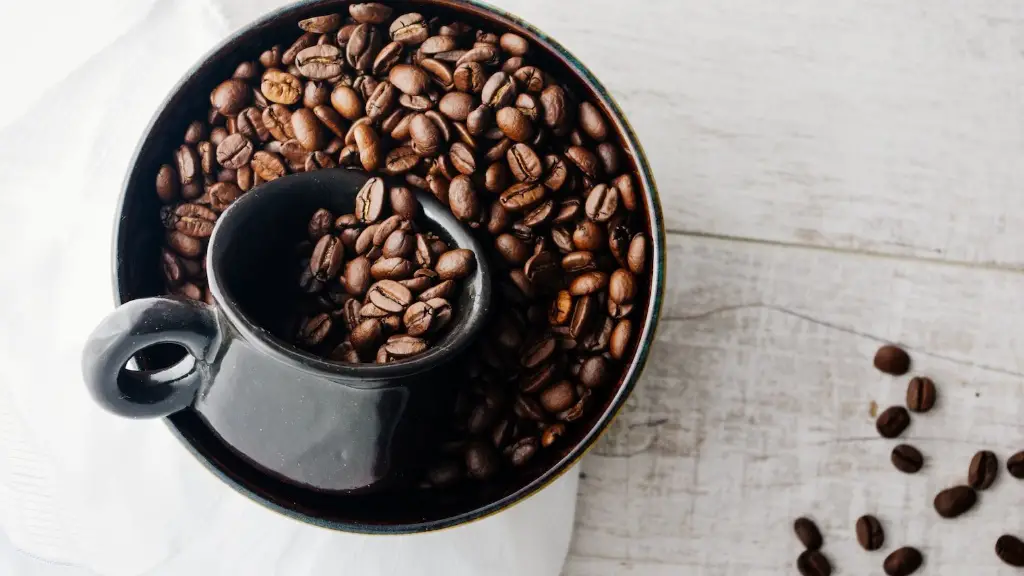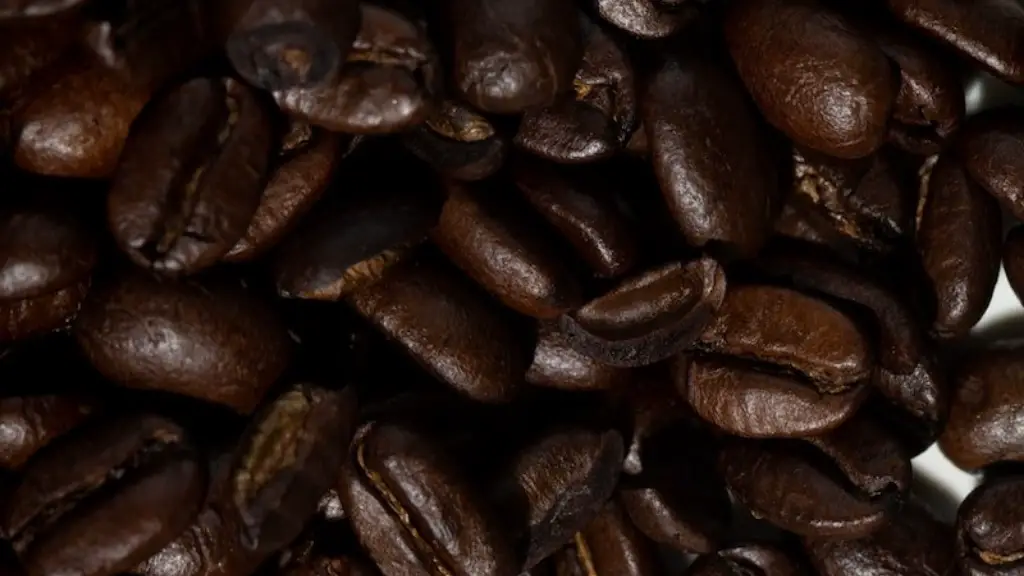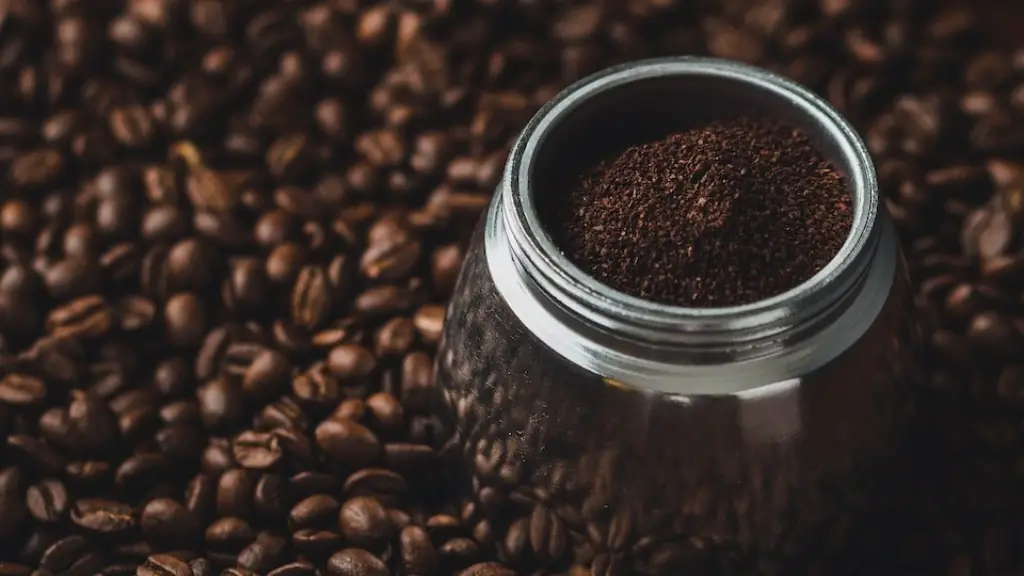As with many lifestyle habits, it is important to take into account your individual needs when considering whether or not to drink coffee when trying to conceive.
In the past, drinking coffee was seen as a definite no-no for pregnant women. However, recent research suggests that drinking up to four cups of coffee a day may not be an issue. Studies have suggested that moderate coffee consumption of up to four cups a day does not appear to adversely affect fertility or miscarriage rates in healthy women.
But the advice may not be the same for all women. Recent studies also suggest that excessive coffee consumption (>4 cups/day) may be associated with an increased risk of fertility issues. If you are already having trouble getting pregnant, or you are at high risk of developing any complications during a pregnancy, it may be worth limiting your coffee intake, as a precaution.
It is worth noting that the research is far from conclusive and that everyone’s body responds differently to caffeine. That doesn’t mean you have to give up coffee altogether, but you might adjust your intake. For instance, you could switch to decaf or try cutting back your daily consumption.
That said, a healthy diet, regular exercise and occasionally connecting with the partner are key factors that influence the ability of a woman to conceive. So while it may not be a good idea to give up coffee completely, it’s important to think about how your diet and lifestyle can impact your fertility.
If you are worried about caffeine intake and its implications for fertility, it’s best to talk to your doctor before making any drastic changes in what you eat or drink. Your doctor can help you get a better understanding of the potential risks and the best ways to optimize your fertility.
Caffeine Addiction
Caffeine can be highly addictive and many people percieve it as a necessity for their daily functioning. If you have become dependant on caffeine, cutting back from your regular intake can be difficult and can also lead to irritability or other symptoms of withdrawal. As with any other dietary or lifestyle change, it is important to ensure that cutting down on caffeine is done in a sustainable manner.
If you are regularly drinking a lot of coffee or energy drinks, it may be a good idea to replace them with healthier options. This could mean drinking herbal or decaffeinated teas, or drinking water flavoured with fresh fruits or herbs. Not only would this provide you with healthier alternatives, but it would also give you the chance to make sure that you are getting all the necessary vitamins and minerals.
By taking the time to understanding your individual needs and create an individualized plan for reducing your caffeine intake, you can help ensure that you make the necessary changes without feeling overwhelmed or deprived.
Coffee as a Social Activity
Drinking coffee can be a great way to connect with friends and family, which is why it is one of the most popular social activities. However, if you are trying to conceive, it might be a good idea to limit these coffee dates to once or twice a week. This way you can still enjoy a coffee with friends or family and benefit from the positive effects of meaningful social interaction, while still being mindful of your health and well-being.
Opting for decaffeinated coffee when you go out, or drinking tea instead, can help reduce your caffeine intake and might be an easier way to adjust your lifestyle gradually. You could also consider meeting up for walks or outdoor activities instead, as these can be a great way to connect with others while still looking after your body.
It can also be helpful to remember that drinking coffee when trying to conceive does not have to mean giving up on the activity entirely. Setting realistic goals and making gradual lifestyle changes can help you make healthier choices without feeling deprived.
Reducing Stress
Stress is one of the most significant contributors to infertility. Coupled with caffeine intake, it may put an extra burden on the body. Try to develop a regular meditation, yoga or other relaxation practice, which can help to reduce stress and boost physical and mental wellbeing.
Stress-relieving activities such as tai chi, qigong and walking outdoors can also be beneficial. It is important to remember to be kind to yourself and to make sure to do something that you enjoy and that makes you feel content. Spending time outdoors, in nature might also be a great way to destress.
It can also be beneficial to look into mindfulness and acceptance based therapies, which can help to reduce stress and cultivate a more accepting attitude towards the body and its needs. All of these activities can help to improve the health and wellness of both partners and might be beneficial in improving fertility levels.
Time for Self Care
When trying to conceive, it’s easy to get caught in a cycle of anxiety and stress. Taking the time to tend to your wellbeing is an important step in remaining emotionally balanced and maintaining your physical health. Taking a break can also be a great way to reduce the pressure and give you the necessary time and space to relax and restore.
It can be helpful to try out different activities to find what works for you. For example, you could try taking some time for yourself each day to meditate, take a nap, read or do something creative. Whatever it might be, setting a regular self-care practice can help to remind you to take care of your wellbeing and can be a great way to ensure that you are looking after both your physical and mental health.
If you are struggling to balance other responsibilities while also trying to conceive, it might be helpful to ask for support from family and friends. Sharing your worries and concerns can be a great way to get the help you need and can help to put things into perspective.
Giving up Coffee Completely
If you have decided to give up coffee completely, it is important to be aware of the potential side effects of withdrawal. Depending on your level of consumption, caffeine withdrawal can cause headaches, fatigue and irritability. If you are worried about how this might affect your daily life, or the health and wellbeing of your partner, it might be worth talking to your doctor or seeking advice from a healthcare professional.
It might also be a good idea to find alternatives to coffee that you can enjoy. This could mean going for caffeine-free teas, energy drinks, or smoothies. Supplementing your diet with healthy snacks and foods, as well as with foods high in nutrients, such as fruits and vegetables, can also help to reduce the craving for caffeine.
If you are having trouble cutting down on your caffeine intake, it’s important to remember that it takes time and effort to adjust to a new routine and lifestyle. It is normal to experience setbacks and cravings, but it is important to stay positive and keep going. If you are struggling, talking to a healthcare professional can be a great way to get the support and advice you need.
Non-Caffeinated Alternatives
For those who want to avoid caffeine completely, there are a variety of non-caffeinated drinks to choose from. Herbal tea, hot chocolate and sugar-free energy drinks are all great alternatives to traditional coffee or energy drinks. Many of these drinks are also fortified with a variety of vitamins and minerals, which can be beneficial for overall health and wellbeing.
Other caffeine-free options include green, white and oolong teas, which are rich in antioxidants and can help to boost the immune system. Drinking plenty of water is also an important step in helping to keep the body hydrated, and can help to reduce fatigue and cravings.
Switching from coffee to healthier alternatives can be a great way to look after your health and your fertility. Even though it might take some time to develop new habits, making small changes and taking it one step at a time can be a great way to make sure that you stick to them.
Supplements and Vitamins
Certain vitamins and supplies might be beneficial for health when trying to conceive. Popular vitamins for fertility include folic acid and zinc, which can help to promote the development of a healthy embryo and the proper functioning of the reproductive organs. Creatine and Coenzyme Q10, which can help to boost energy levels, and Omega-3, which is beneficial for cardiovascular health, all might be beneficial when trying to conceive.
It is important to speak to a healthcare professional before taking any herbal remedies, vitamins or supplements, as they can interact with other medications, or with certain pre-existing health conditions.
There is no definitive answer as to whether or not it is okay to drink coffee while trying to conceive. Taking into account individual needs and consulting with a doctor can help to make sure that whatever lifestyle changes you make, they are sustainable and beneficial for both your health and your fertility.





